Business
13 July 2025
Christchurch cleantech
Ōtautahi Christchurch is quietly positioning itself as one of the southern hemisphere's clean technology hubs. Learn about the city's most promising cleantech ventures powering the future.
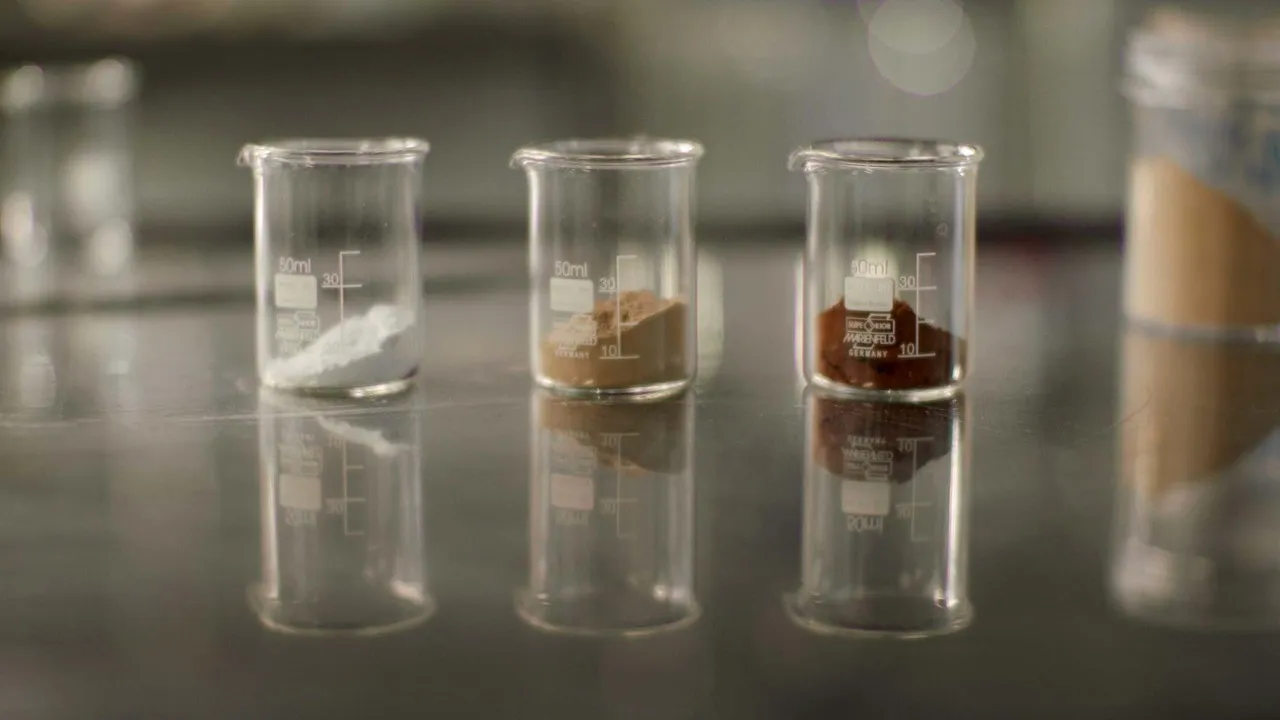
As the world races to decarbonise, Ōtautahi Christchurch is quietly positioning itself as one of the southern hemisphere’s clean technology hubs. Already known for its innovation credentials, the city is now gaining recognition for its role in advancing technologies that not only reduce emissions but promise to reshape entire industries.
Christchurch's promising cleantech ventures
Some of the city’s most promising cleantech ventures were spotlighted when the Cleantech Trek stopped in Christchurch. The event is part of the wider New Zealand Cleantech Mission group co-led by Ara Ake and The MacDiarmid Institute and represents both a showcase and a signal: Christchurch’s cleantech sector is no longer emerging. It’s accelerating.
“Christchurch is at a tipping point. “We’ve got the talent, the infrastructure, and most importantly, a collaborative mindset that brings public, private, and academic sectors together.”Clara Arribas - Innovation Ecosystem Specialist at ChristchurchNZ
A city on the rise
In 2025, Christchurch was ranked 44th out of more than 1,450 cities in the StartupBlink Global Startup Ecosystem Index for cleantech – the highest in New Zealand and fourth in Australasia. The city has become a proving ground for climate innovations that are gaining global attention.
The opportunity is enormous. Global investment in cleantech reached US$40 billion in 2023 and spending on clean energy is forecast to grow to US$4.5 trillion annually by the early 2030s. New Zealand, with its 88% renewable electricity mix – one of the highest in the OECD – is naturally suited to become a global cleantech exporter. Christchurch, with its dense network of engineers, researchers, and entrepreneurs, is uniquely placed to lead that charge.
Cross-sector nature
Part of what makes Christchurch’s cleantech scene so promising is its cross-sector nature. Companies like Kea Aerospace (solar-powered aircraft), Medsalv (medical waste reuse), and V-Quest (building design) show how cleantech connects with aerospace, healthcare, construction, and beyond.
Arribas sees this convergence as a strength.
What really defines cleantech, to me, is technology aimed at reducing environmental harm. That could be across energy, waste, or resource efficiency.
This broad definition enables Christchurch to build a diverse ecosystem. Of the 78 cleantech actors in Canterbury, about 28 are core technology companies, while others are research institutes, enablers, or service providers.
From R&D to real-world impact
A defining strength of Christchurch’s cleantech sector is the seamless pipeline from academic research to commercialisation. Companies like Aspiring Materials and Zincovery have roots in this city’s research institutions, particularly the University of Canterbury, which plays a critical role in nurturing talent and technical capabilities.
“That pipeline – from lab bench to boardroom – is what allows deep technology to thrive here,” says Arribas.
Aspiring Materials has developed a world-first process to capture carbon dioxide using magnesium-rich olivine rock. Their innovation doesn’t just store CO₂ – it transforms the rock into useful byproducts like silica, iron oxide, and nickel, offering both environmental and economic value. “Our minerals and materials help decarbonise industries in a range of ways,” explains Lead Chemical Process Engineer Megan Danczyk.
Hydrogen takes flight
Nowhere is the region’s boldness more visible than at Christchurch Airport’s Kōwhai Park, a 300-hectare renewable energy precinct. Set to host a 150 MW solar array capable of powering 30,000 homes by 2026, the site is also becoming a hub for clean aviation innovation.
At the heart of that effort is Fabrum, a Christchurch-based company pioneering hydrogen liquefaction and storage technologies. In 2025, Fabrum opened a new facility at Kōwhai Park to produce liquid hydrogen – a fuel source seen as critical to decarbonising air travel.
“Everything we do is about reducing emissions. We know that by 2032 we will have impacted the world by a reduction of 13 and a half million tons of CO₂ emissions per year.”Christopher Boyle - Fabrum Managing Director
Industrial solutions with global scale
Across town, startup Zincovery is tackling another challenge: zinc recycling. The startup has developed a process that slashes carbon emissions by 95% and cuts processing costs by nearly half. Their innovation exemplifies the type of high-impact, scalable technology that defines Christchurch’s cleantech edge.
Similarly, V-Quest, a construction-tech startup, is reshaping building design with a carbon optimisation platform that provides early-stage emissions analysis. By allowing developers to make data-informed design decisions, V-Quest has already helped one project avoid 3.75 million kg of carbon – the equivalent of planting 180,000 trees – while reducing build costs by $750,000.
Co-founder Barry Lynch believes Christchurch’s “bias to action” culture sets it apart. “New Zealand companies, particularly startups, have this unique ability to dive in and solve problems. They don't overthink – they just get to work.”
The road ahead
The cleantech sector in New Zealand is growing – but it’s still undercapitalised compared to international peers. Despite comprising over 130 companies and attracting $535 million in private investment to date, Aotearoa’s cleantech ventures are raising 95% less capital than those in similar small, advanced economies.
But with global clean energy investment on the rise and pressure mounting to meet emissions targets, cleantech is no longer a fringe sector – it’s a fundamental part of a modern economy.
Christchurch, with its culture of innovation and strong alignment between sectors, is proving that small cities can have global impact. Underpinning that progress is the city’s Economic Ambition.
“At the core of this ambition is the idea of transitioning towards a more regenerative economy, where sustainability is prioritised. Embracing regenerative practices can secure our city’s position in global markets and there is danger in lagging, and profit in leading this transition. We are already seeing the opportunity in leading the way with cleantech innovations from companies like Aspiring Materials, Zincovery and Fabrum.”Ali Adams - CEO ChristchurchNZ
For New Zealand, the message is clear: the clean economy isn’t coming. It’s already here – and Christchurch is helping build it.
Don't miss a thing
Sign up to our newsletter to get valuable updates and news straight to your inbox.
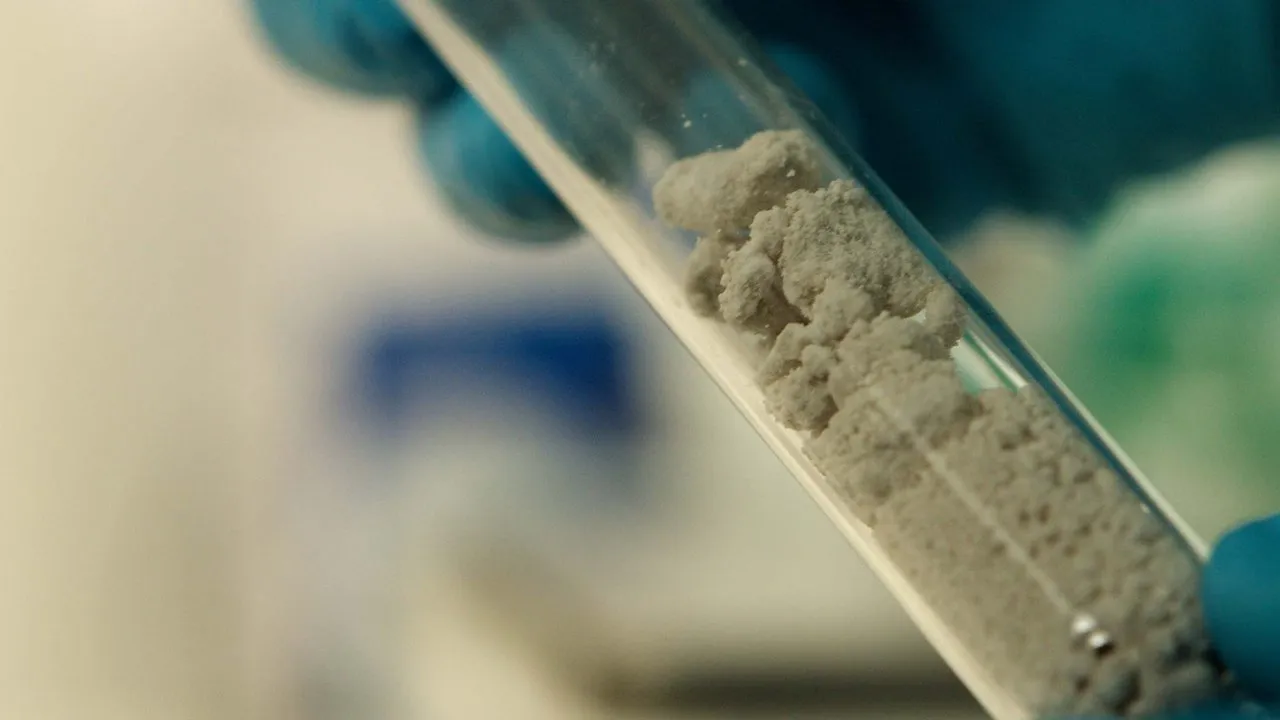
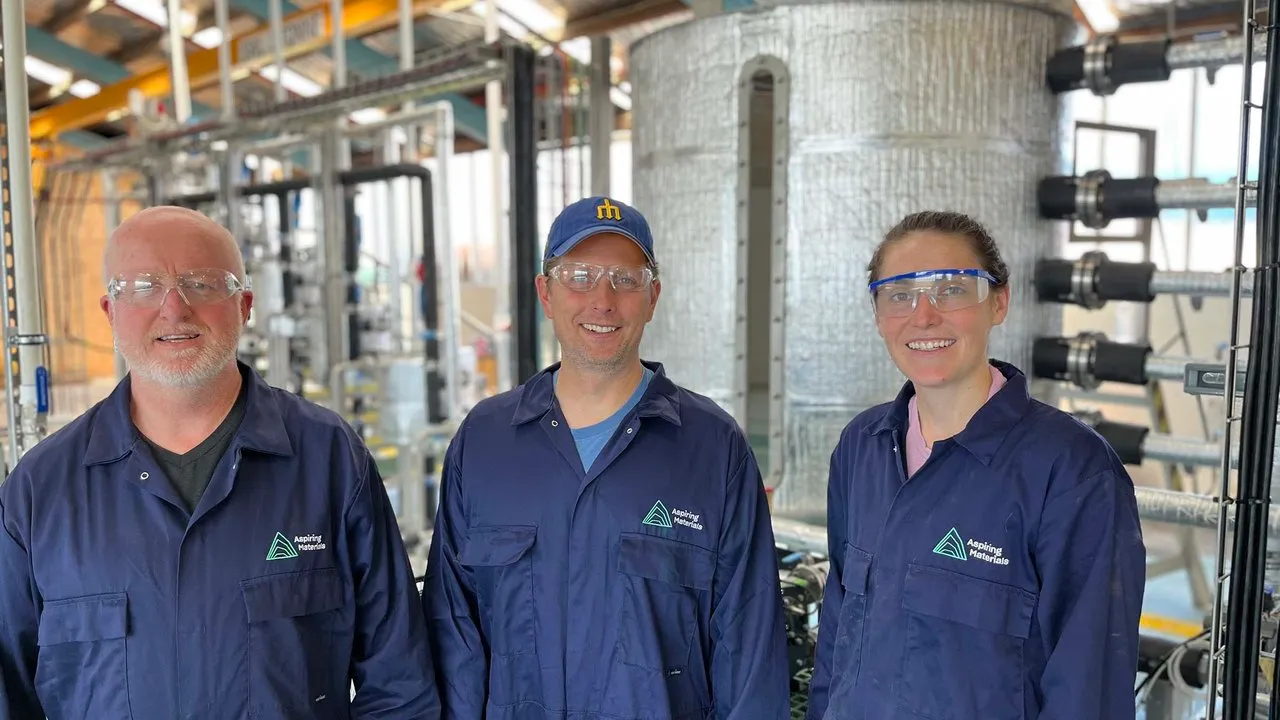
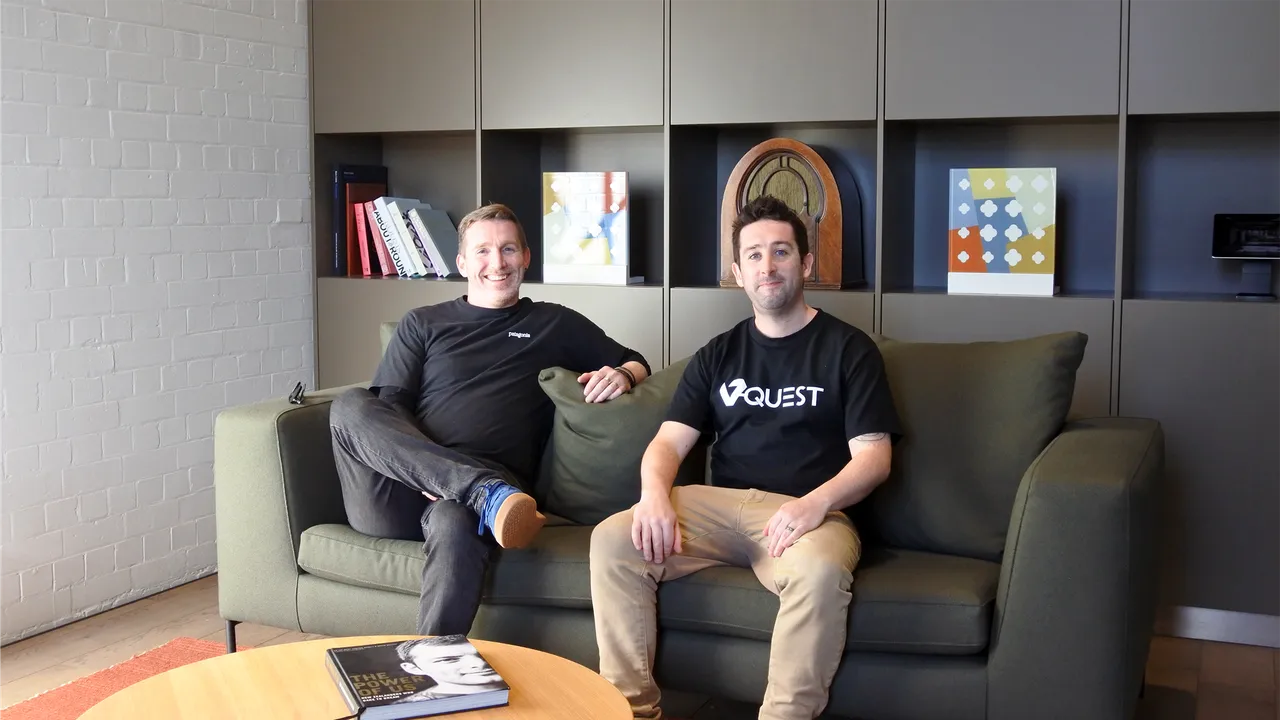
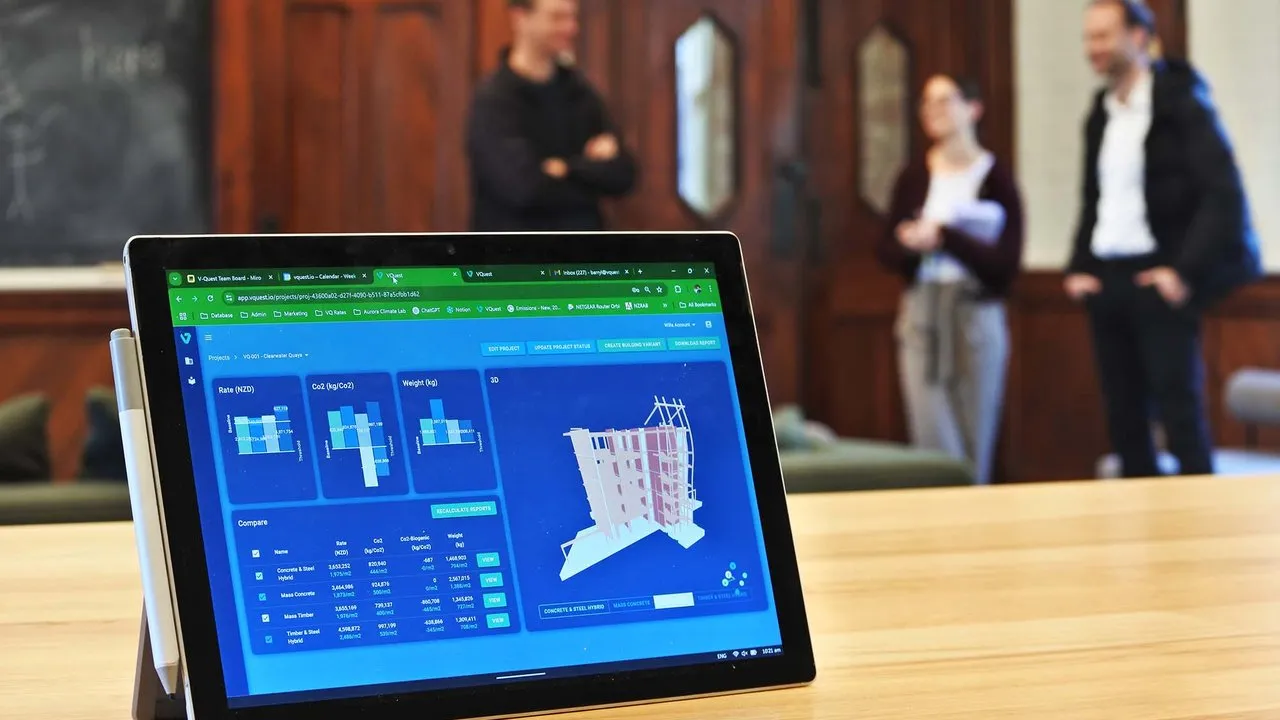
)
)
)